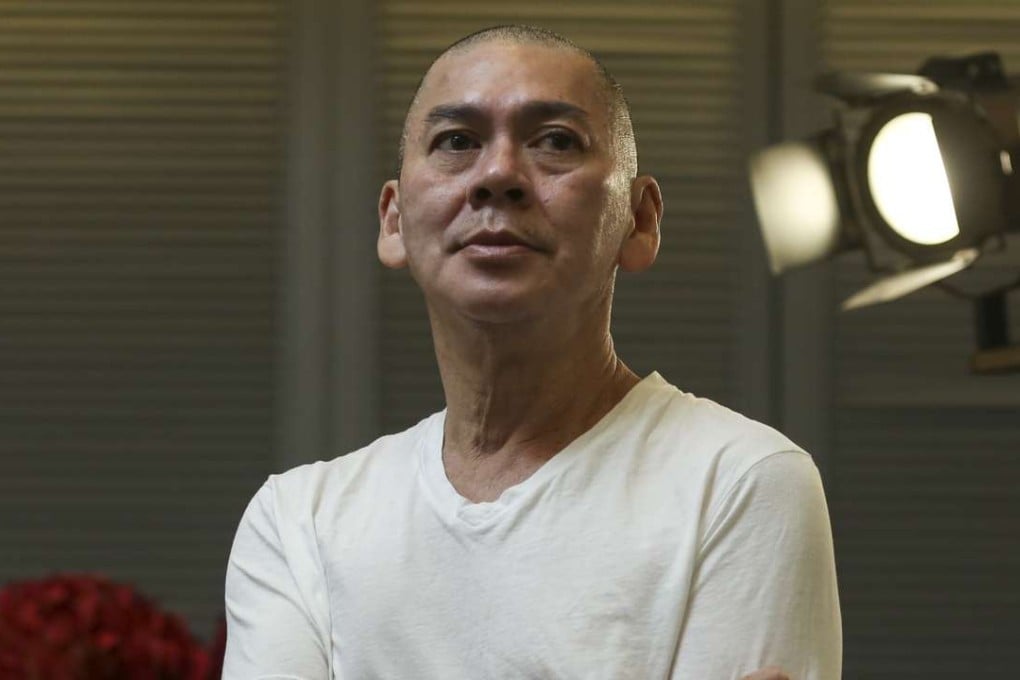Filmmaker Tsai Ming-liang on sexuality and being touched by a goddess
The award-winning independent film director talks about his childhood, homosexuality, Uma Thurman and meeting Guanyin

GOLDEN AGE I grew up in the ’60s. Then, all people watched movies. It wasn’t like now, where you have all sorts of entertainment. It was the golden age of cinema. I was born in a small town in Malaysia called Kuching, which had about a dozen theatres and I spent my childhood there, watching two films a night. I was brought up by my grandparents, who sold noodles. My parents also sold noodles but they had too many children, so my grandparents took care of me. I would take turns going with one of them to watch movies. I watched old Cantonese films, those made by the Shaw brothers, American movies, Hollywood blockbusters, Malaysian films and Bollywood ones.
ANOTHER WORLD When I went to Taiwan for university, I picked drama and film. I wasn’t sure what the difference was between film and theatre, but I had a life-changing moment there. At that time, [Asian territories] were either very conservative and isolated, like mainland China, or more liberal, like Hong Kong and Taiwan. The only films available to those in the latter were commercial and politically correct ones. There were two factors that determined the content of our films – government and businessmen. They decided what we could or could not watch and what should be cut out. I didn’t know there was another world of movies. Suddenly, martial law was lifted and we had freedom of expression, so things and information exploded and we were quickly liberalised. Taiwan was one of the first places to hold film festivals and have film archives. I was only a university student but I became a cineaste. I finally saw all the movies that weren’t accessible when I had been younger – classic movies and art films.
SUFFERING FOR HIS ART Everyone says the most difficult part of making movies is finance. But, if you want to earn money, don’t make independent films – although if you do it well, you will be able to earn some. [Making films in the United States is] even more difficult; you have to consider the box office earnings and you are controlled by your boss and audiences. It’s the same with any other industry; whether or not it’s difficult simply depends on you.
